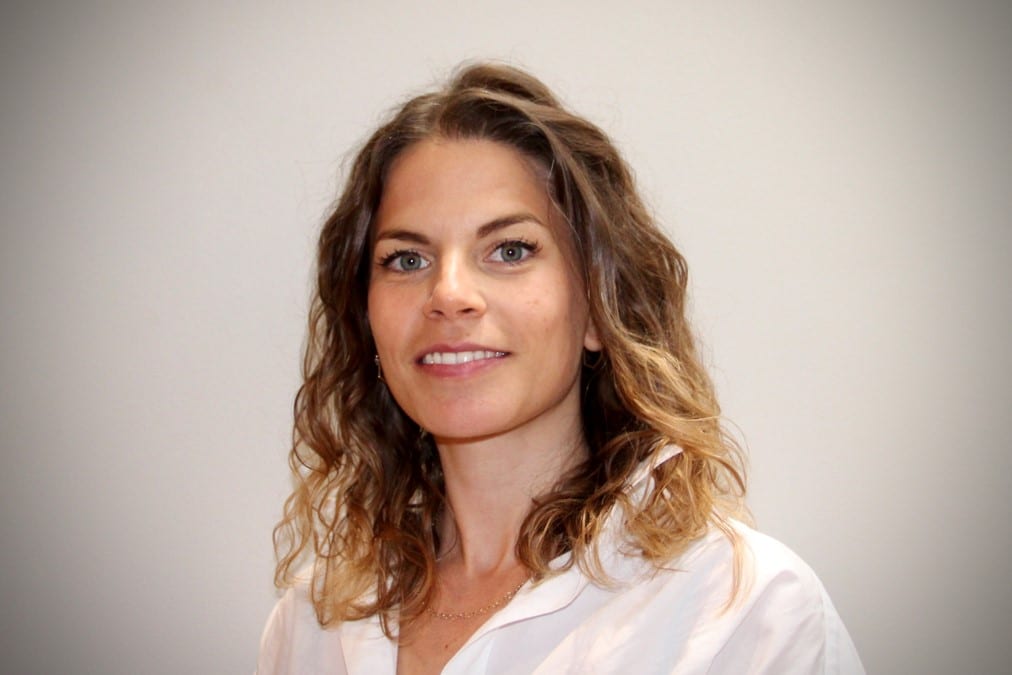In early November, IVAR will be publishing research into why and how foundations give unrestricted funding. We’d like to invite you to join us at a webinar on Tuesday 30th November, 12.30-1.30, where we’ll be introducing the research and hearing from funders about their approaches. To whet your appetite, we asked Hannah – Executive Director at The Blue Thread foundation – to share their approach.
The Blue Thread funds small, community-based organisations including those supporting women experiencing violence and abuse, and/or refugees, asylum seekers and vulnerable migrants. Most of the organisations we fund provide frontline, acute support for those in immediate need. We use a relational approach to grantmaking, trying to reduce bureaucracy as far as possible. Over the last 18 months almost all our grants have been unrestricted.
Our approach is rooted in an awareness of the power dynamics of grantmaking and we take steps to share power with grantees, for example asking them to make suggestions of who we should fund. Overall we think our approach has been effective, supportive and respectful of our partners’ time and expertise. We have run a couple of feedback surveys which has helped us refine our approach over time and our processes reflect grantees’ suggestions – though we know there is always further to grow.
As part of IVAR’s Open and Trusting Grantmakers series we wanted to share some reflections on making unrestricted grants. We hope they are useful for other funders and would be happy to chat further to share our experiences – do get in touch.
What we have learnt from 18 months of unrestricted funding
- Reducing paperwork and maximising relationships means funding (and trusting) great people: As much as we support great organisations, our philosophy in our grantmaking as in the office’s wider investing activity is to back brilliant people. This makes unrestricted granting slightly easier as we are empowering exceptional individuals who we trust to use their expertise, insight, and experience to make the decisions about what the grant is best used for.
- There is a gap in funding for the most basic of human needs: the nature of unrestricted grants mean we cannot routinely ask where funds have been spent. However, several grantees have told us that our unrestricted grant allowed them to provide basic needs items such as food, clothing and bedding, period products, wifi, baby items for new mums, and taxis and hotel rooms for women fleeing abusive homes and single mums who don’t have anywhere to sleep with their children.
They tell us that this sort of thing can be very hard to find funding for, but to us it feels like common sense stuff; anyone interested in individuals’ wellbeing should be prepared for their funding to be used in this way. Other grantees tell us they have used our grants to plug gaps between project funding and to avoid projects having to be closed and staff laid off while waiting for longer-term and bigger grants.
- The bigger the grant, the harder it gets: making small unrestricted grants feels relatively easy; it gets harder as the numbers get bigger. This is partly because there is more money at stake, and alongside if we were to make fewer, bigger grants there arises an opportunity-cost decision derived from funding fewer organisations.
We are making some headway on this by giving bigger grants the second or third time, ie as we get to know organisations and gain confidence in their work and approach. We are conscious that as a private foundation we can take more ‘risks’ and to work in a way which our larger, more institutional colleagues might not be able to.
We are also asking ourselves: what is the ‘risk’ we are trying to avoid when we get worried about making larger, unrestricted grants? What would a ‘bad grant’ look like for us? But that is a blog for another day!
- Follow up, monitoring, and evaluation requires a different approach: With an unrestricted grant there are no KPIs or agreed outcomes to be specified against a particular project or programme. We therefore can’t ask about these during our follow up processes.
Instead, we follow up with grantees after 6 months with a conversation about how organisations are getting on, the things they feel have gone well, their agenda for the coming months and their worries and challenges ahead. This works best when grantees have their own way of monitoring their progress; we can have a similarly meaty conversation without having a conversation constructed to our specific grant.
At all points we try to only ask for documents which have already been created so as to avoid creating extra work. We know that reporting, reflecting on, and documenting progress is often a sign of a thoughtful organisation that is mindful of where it is going, what it achieves and how it can improve, but we don’t need this to be bespoke for us.
- Knowing how and when to think about repeat funding is tricky: When making unrestricted grants we can’t ask if a grant has been spent (because it may have gone into reserves, but more broadly because it is not ringfenced in any way). This makes it harder to know when/whether we should consider a repeat, particularly when most charities are nearly always in need of funding. We are still working out our approach to repeat grantmaking and multi-year funding, and we are testing, learning and iterating with a number of partner organisations (whose patience and support we very much appreciate).
Despite the challenges, we believe unrestricted funding is nearly always the way to go, and we plan to continue this approach as we develop our strategy in future.



